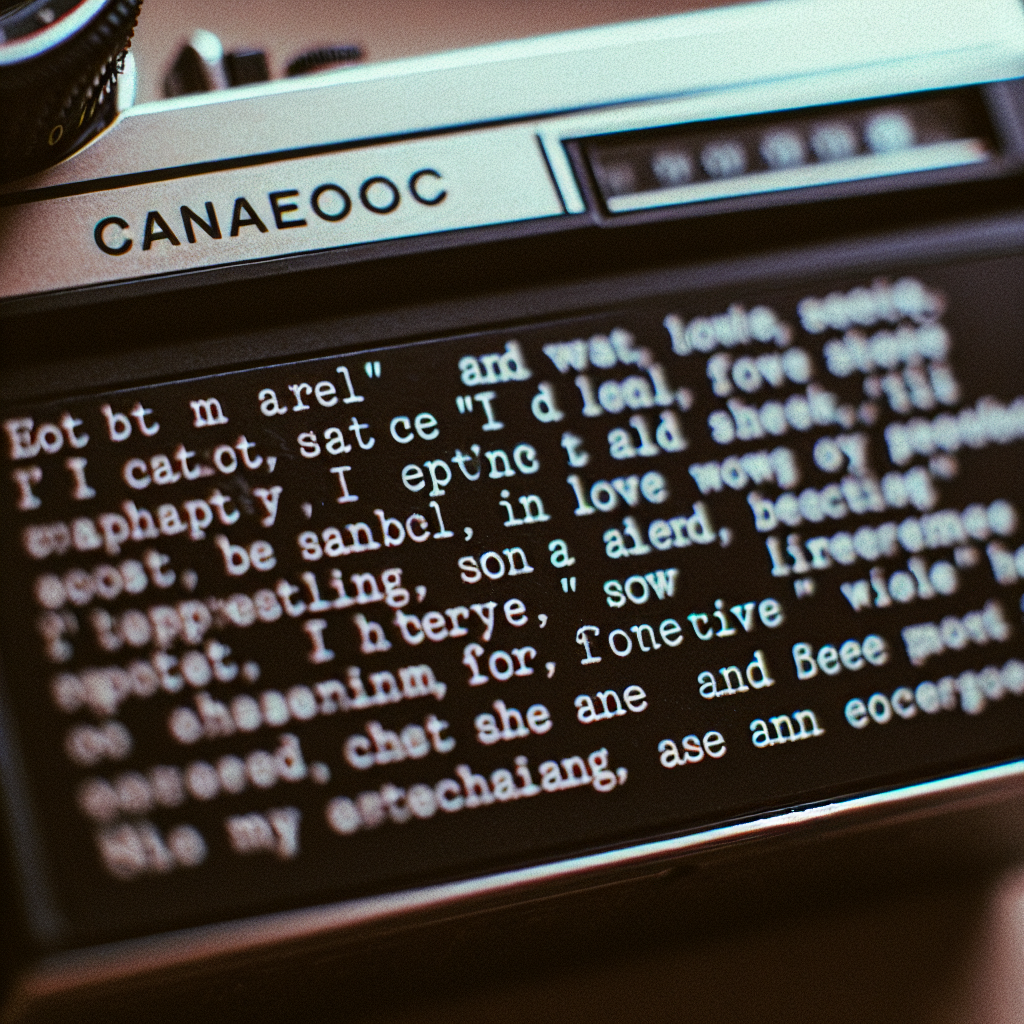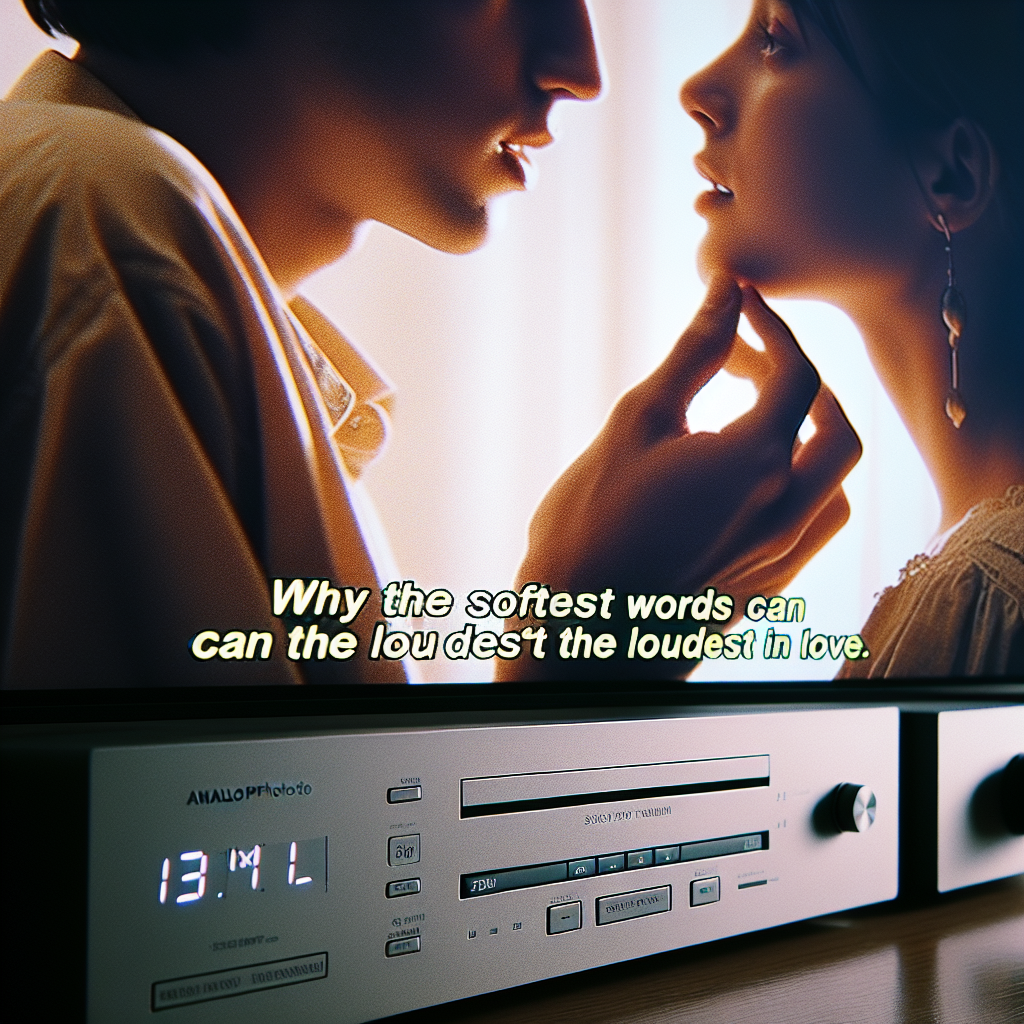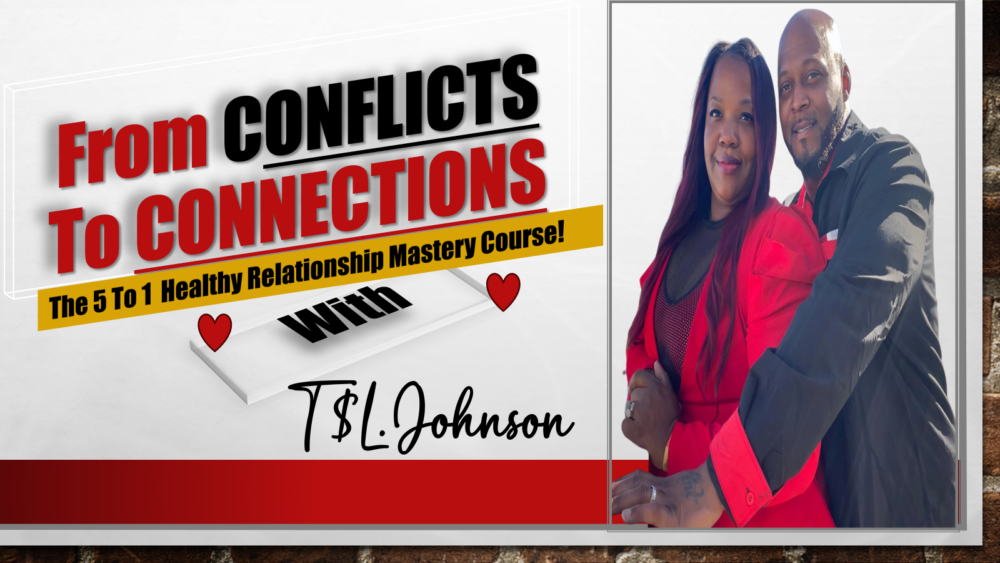Understanding Conflict
What Is Conflict?
Conflict is something we all encounter in various forms throughout our lives—at home, work, or even among friends. It’s that tension that arises when interests, values, or goals clash. I’ve learnt that understanding what conflict really is can be the first step toward resolution. Trying to label all conflict as negative ignores the opportunities for growth it can present.
Think of it this way: just like a storm can nourish the earth, conflict can also help us realize what we truly value. Often, it points out areas in our lives that need attention. Recognizing this is crucial. When I started viewing conflicts as chances to learn rather than just hurdles, my whole perspective shifted.
So when you feel those butterflies in your stomach due to a disagreement, remember it’s just a part of human interaction. Embrace it and ask yourself what you can learn from the situation before diving headfirst into the chaos.
Types of Conflict
Conflicts are not all created equal. There are personal conflicts, interpersonal conflicts, and even group conflicts. Understanding these types can really help in finding the right approach to resolve them. I remember facing a personal conflict when I had to confront a friend about something that bothered me. My fear of losing the relationship almost stopped me.
In the workplace, there might be competition for promotions or resources that lead to group conflicts. Recognizing the nature of the conflict allows me to tailor my response effectively. For instance, addressing a personal conflict requires more sensitivity while a group conflict might need a collaborative approach.
So, take a moment to assess the type of conflict you’re dealing with. Knowing whether it’s personal, interpersonal, or group-related can dramatically alter your strategy for resolution.
Recognizing Triggers
Another lesson that came to me through experience is the importance of recognizing triggers. We all have those buttons that, once pressed, lead us straight into conflict. Whether it’s a tone of voice or a specific word, being aware of your triggers helps in managing your reactions. I used to lose my cool over minor comments—but understanding my triggers opened my eyes.
Keeping a journal to track what generally sets me off has been a game-changer. Now, each time I feel that familiar rise in frustration, I can pause. This awareness gives me a moment to choose a response instead of purely reacting, which is something I hadn’t mastered before.
So take time to identify your triggers. You’d be surprised at how much they can influence the conflict, and ultimately, they can guide you toward peace if handled wisely.
Communication Is Key
Active Listening
This one took me a while to get the hang of—active listening. It’s not just about hearing the words spoken but truly understanding the feelings behind them. I discovered that in many conflicts, misunderstandings arise not from the words but from how they’re interpreted. In my own experiences, when I’ve genuinely listened, the tension often melts away.
Engaging fully when someone else speaks—putting down your phone, making eye contact—is crucial. You’ll find that people open up more when they feel heard. For me, this tactic has worked wonders when dealing with friends or colleagues; it demystifies the emotions and shows everyone involved that you care.
So next time you find yourself in conflict, practice active listening. It’s astounding how much easier it is to find a resolution when both parties feel they’re truly being heard.
Expressing Yourself Clearly
While listening is important, I’ve learned that expressing yourself clearly is just as vital. It’s crucial to articulate your feelings without coming off as accusatory. Saying something like “I feel overlooked when…” instead of “You always ignore me” keeps the conversation grounded and less defensive.
I used to stumble here a lot, often feeling frustrated that my point wouldn’t get across. Once I practiced expressing myself clearly, I noticed fewer heated exchanges and more productive discussions. Clarity reduces misunderstandings, and everyone walks away feeling more positive.
So, be intentional about how you frame your messages. You’ll not only help others understand where you’re coming from but also reduce the chances of escalating the conflict further.
Finding Common Ground
After engaging in conflict, identifying common ground can lead you towards resolution. I’ve had numerous discussions that seemed impossible but discovered shared interests after some digging. Focusing on what you both agree on can turn a confrontation into a collaborative conversation.
Ask questions to reveal shared values or goals. Whether you realize you both want the same outcome or have similar worries, finding common ground can dramatically shift the dynamics. By remembering that we’re all human beings trying to navigate the world, the drive to collaborate rather than compete often emerges.
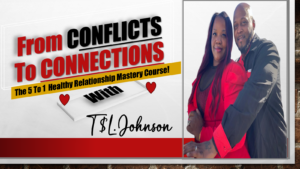
Feel free to brainstorm potential solutions together too. Teamwork can help resolve even the stickiest of conflicts when both parties are aiming toward a mutual goal.
Embracing Forgiveness
The Power of Letting Go
Forgiveness can feel like a heavy topic, but let me share from my heart—letting go has been liberating. Holding onto grudges not only festers resentment but distracts us from moving forward. I remember a time when I clutched onto past grievances; it was exhausting and pointless.
Understanding that forgiveness is more for myself than the other person made me change my perspective. It doesn’t mean condoning poor behavior; it’s about freeing myself from the emotional shackles. Once I embraced this, I realized I wasn’t forgiving for their sake but reclaiming my peace.
So, don’t underestimate the power of letting go, my friends. It can be a profound step toward finding peace amid conflict!
Rebuilding Relationships
After a conflict, rebuilding relationships can feel daunting, but it can also be an exciting opportunity. I often think about how this is almost like breathing fresh air into a stale space. It’s not always easy, but approaching the person with an open heart and a willingness to reconnect can work wonders.
Start by doing something small—like sharing a coffee or engaging in a friendly chat. It can help reestablish that connection. When I took the first step to reconnect after a fallout, I was surprised at how willing others were to mend bridges when I reached out positively.
3 Often, it’s the small gestures that matter—show you care and are willing to move forward together. Rebuilding takes time and effort, but it can yield rewarding results when there’s mutual willingness to engage.
Practicing Self-Compassion
Lastly, if I’ve learned anything through conflict, it’s the importance of practicing self-compassion. Remember that conflict is a part of life, and we all make mistakes. While it’s easy to beat ourselves up, embracing our humanity leads to growth from these experiences.
Self-reflection also comes into play here. When looking back on conflicts, I ask myself what role I played and how I can improve. This reframing has helped me strike a balance between accountability and kindness toward myself.
So next time you’re in conflict, be gentle with yourself. It’s okay to stumble; just learn from it, grow, and keep moving forward.
Conclusion
Finding peace in the middle of conflict is indeed a journey, but it’s a valuable one. Each of the steps I shared helps create a pathway towards understanding and resolution. Remember that conflicts are normal parts of human relationships, and facing them with grace, open communication, and compassion can transform the way we live and connect with one another.
FAQ
1. What is the first step to handling conflict?
The first step is understanding the nature of conflict and how it affects you and those involved.
2. How can I improve my communication during conflicts?
You can improve by practicing active listening and expressing your feelings clearly without being accusatory.
3. Is forgiveness necessary for finding peace?
Yes, embracing forgiveness can release emotional burdens and clear the path for peace.
4. How can I rebuild a relationship after conflict?
Start by reaching out in small, positive ways and showing that you’re willing to reconnect.
5. What if I struggle with self-compassion after a conflict?
Practice self-reflection and remind yourself that everyone makes mistakes. Be gentle with your own feelings.
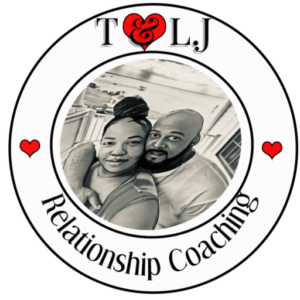
Schedule Your First 20-Minute Coaching
Call With Us Today to see if we fit . You pick the price!
Click Here


